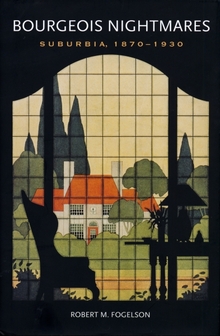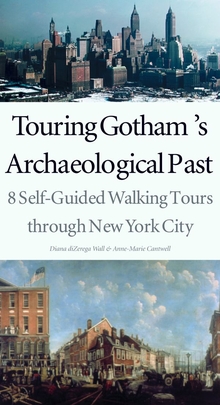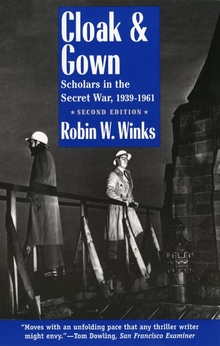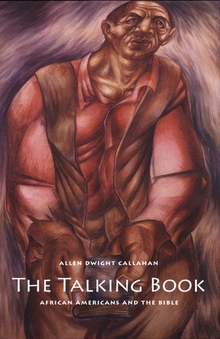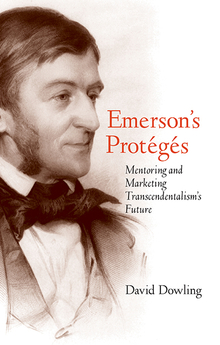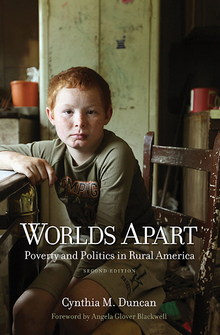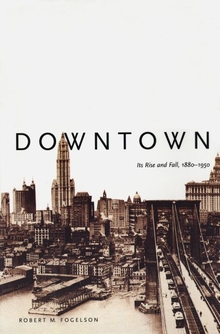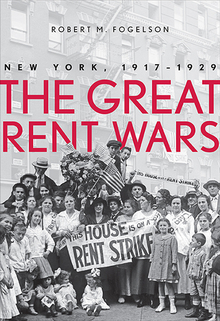Bourgeois Nightmares
WARNING
You are viewing an older version of the Yalebooks website. Please visit out new website with more updated information and a better user experience: https://www.yalebooks.com
Suburbia, 1870-1930
Robert M. Fogelson
An eminent urban historian uncovers the long-neglected history of the restrictive covenants that played a pivotal role in shaping America’s suburbs
The quintessential American suburbs, with their gracious single-family homes, large green lawns, and leaf-shaded streets, reflected not only residents’ dreams but nightmares, not only hopes but fears: fear of others, of racial minorities and lowincome groups, fear of themselves, fear of the market, and, above all, fear of change. These fears, and the restrictive covenants that embodied them, are the subject of Robert M. Fogelson’s fascinating new book. As Fogelson reveals, suburban subdividers attempted to cope with the deep-seated fears of unwanted change, especially the encroachment of “undesirable” people and activities, by imposing a wide range of restrictions on the lots. These restrictions ranged from mandating minimum costs and architectural styles for the houses to forbidding the owners to sell or lease their property to any member of a host of racial, ethnic, and religious groups. These restrictions, many of which are still commonly employed, tell us as much about the complexities of American society today as about its complexities a century ago.
Robert M. Fogelson is professor of urban studies and history at the Massachusetts Institute of Technology.
“Based on an amazingly comprehensive review of deed restrictions across the nation, driven by a brilliant analysis of American suburban history and culture, and written in a style that engages the reader as with a good mystery, Bourgeois Nightmares is a landmark study of enormous value to anybody interested in understanding the governance and culture of suburbia.”—Evan C. McKenzie, University of Illinois at Chicago, author of Privatopia: Homeowner Associations and the Rise of Residential Private Government
“Required reading for anyone who wants to understand not just land use but American culture itself, Bourgeois Nightmares explains the emergence of restrictive covenants, a fundamental but relatively unexplored cornerstone of American suburbia. Robert Fogelson deftly connects historical particularities with an insightful and nuanced social analysis.”—Gwendolyn Wright, Columbia University, author of Building the Dream: A Social History of Housing in America
“This masterful study of the netherworld of racial and social exclusions that once walled off the American suburb is not only an original and troubling inquiry into the origins of our gated communities and divided metropolitan regions. It is also and above all a profound examination of the divided psyche of the American middle class and the deep tensions that underlie American democracy.”—Robert Fishman, University of Michigan, author of Bourgeois Utopias: The Rise and Fall of Suburbia
“Fogelson systematically examines for the first time the phenomenon of restrictive covenants from a historical perspective, telling us much about the impact they have had (and continue to have) on where and how we live. This book is essential reading.”—Richard Longstreth, George Washington University
"Fascinating."—Barbara Fisher, Boston Globe
“In his deeply researched and well-written book Bourgeois Nightmares, MIT historian Robert Fogelson shows that American suburbs have assumed their sprawling form precisely because developers wanted to curb individual choice. In this dark genealogy of suburbia, Fogelson persuasively demonstrates that fear—not future-looking optimism—shaped the geography of metropolitan America.”—Thomas J. Sugrue, Nation
"In this sparkling work of urban history . . . Fogelson argues that suburbs rose up as a rosy alternative to the city, but became a way to shut it out, too."—John Freeman, Newark Sunday Star-Ledger
“A welcome addition to American suburban history. . . . A wonderfully accessible, interesting, timely, and important book.”—Urban History
“A masterful account of the topic. . . . Anyone interested in the development of America’s built environment will find this book indispensable.”—Jon C. Teaford, The American Historical Review
“This fascinating book . . . exposes how the utopian ideals of planners, the greed of developers, and the fears of citizens combined to create the older suburbs that surround our cities. . . . This book’s illumination of the physical and social engineering that drove the creation of the early American suburbs is compelling reading. . . . [and] meditates upon the fundamental role that land plays in the realization of individual aspirations and desires.”—Laura S. Underkuffler, Law and History Review
“Bourgeois Nightmares is an original and sweeping history of restrictive covenants and the role they played in the development of high-end American suburbs. It is a great subject and the book is fascinating. This will be a standard work in the field of urban studies for many years to come.”—Douglas W. Rae, author of City: Urbanism and Its End
Publication Date: September 28, 2007
3 b/w illus.

